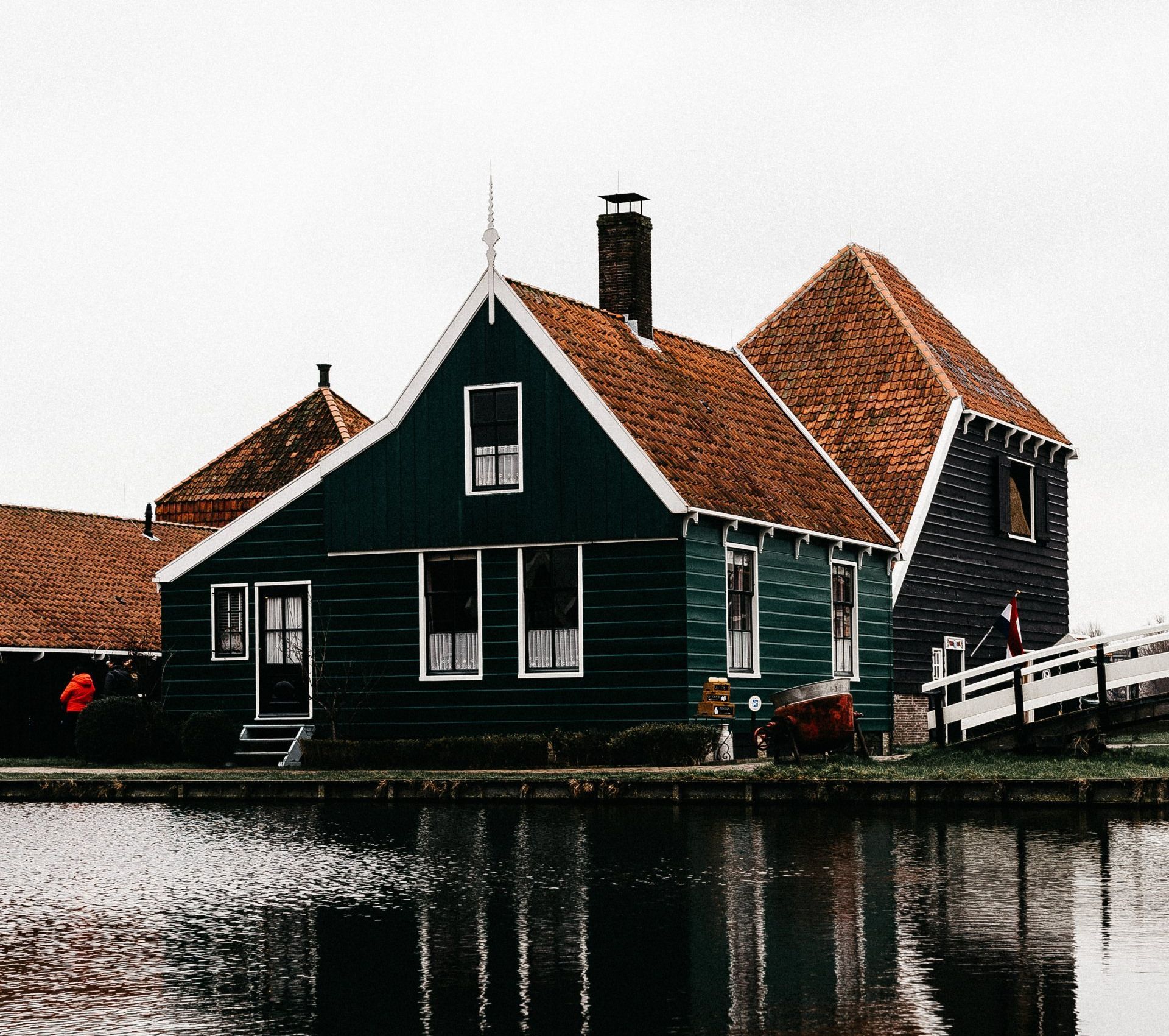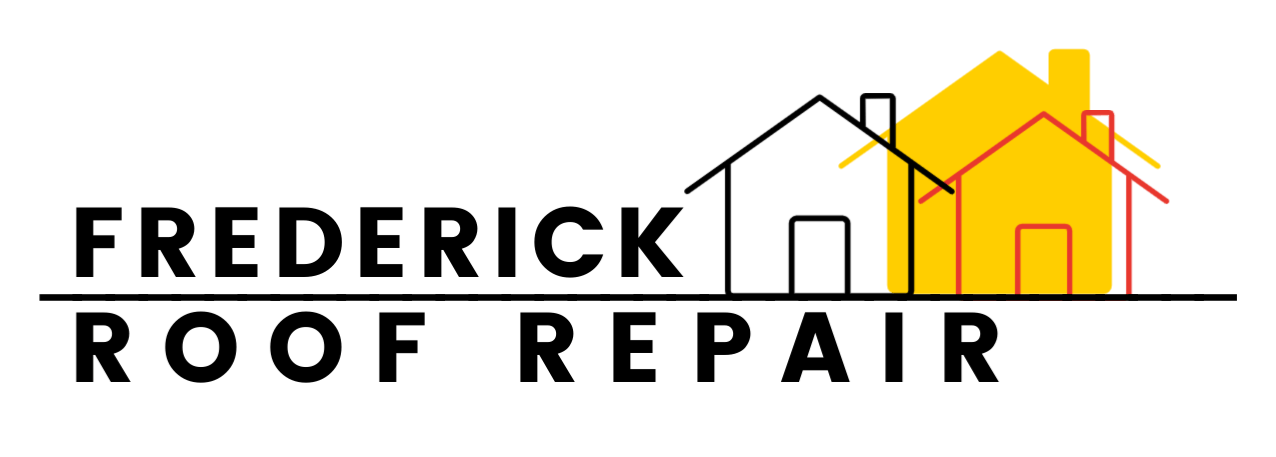Cedar Shakes: Pros and Cons
Cedar shake roofing has long been cherished for its natural beauty, durability, and distinctive charm. Made from cedar wood, this roofing material offers several advantages that make it a popular choice for homeowners seeking a unique and environmentally-friendly option. However, it's essential to consider both the pros and cons of cedar shake roofing before making a final decision. In this article, we will delve into the advantages and disadvantages of cedar shake roofing.
Pros of Cedar Shake Roofing:
- Aesthetically Pleasing: Cedar shake roofs exude a warm, rustic elegance that enhances the curb appeal of any home. The natural variations in color, texture, and grain patterns of cedar wood create a unique and timeless look that can't be replicated by other roofing materials.
- Insulation and Energy Efficiency: Cedar shake roofing provides excellent insulation properties, helping to regulate temperature and reduce energy consumption. The insulating qualities of cedar wood can contribute to lower heating and cooling costs, making it an environmentally-friendly option.
- Durability: When properly maintained, cedar shake roofs can have a lifespan of 30 to 50 years. Cedar wood contains natural oils and resins that make it resistant to rot, decay, and insect damage. It can withstand harsh weather conditions, including strong winds, hail, and UV radiation.
- Environmentally Friendly: Cedar shake roofing is a sustainable choice. Cedar is a renewable resource, and its production has a lower environmental impact compared to the manufacturing processes of other roofing materials. Additionally, at the end of its lifespan, cedar shake roofing is biodegradable.
- Sound Insulation: Cedar shake roofs offer exceptional sound insulation, reducing external noise such as rain or hail. This can create a more peaceful and comfortable indoor environment.
Cons of Cedar Shake Roofing:
- Higher Initial Cost: Cedar shake roofing tends to be more expensive up front compared to other roofing materials like asphalt shingles. The cost of the wood itself, along with the specialized installation techniques required, contributes to the higher price tag.
- Maintenance Requirements: Cedar shake roofs require regular maintenance to prolong their lifespan and preserve their appearance. This includes periodic inspections, cleaning, and treatment with preservatives or sealants to protect against moisture, moss, and fungal growth.
- Vulnerability to Weathering: While cedar shake roofs can withstand various weather conditions, they are more susceptible to weathering compared to some other roofing materials. Exposure to extreme heat, heavy rainfall, or prolonged periods of moisture can cause the wood to warp, crack, or split over time.
- Fire Resistance: Although cedar shake roofing can be treated with fire retardant chemicals, it is still considered less fire-resistant than materials like metal or asphalt. This could be a concern in areas prone to wildfires or with strict fire safety regulations.
- Weight and Structural Considerations: Cedar shake roofing is heavier than many other roofing materials. Therefore, it may require additional structural support to ensure the roof's integrity and safety. Consultation with a professional is essential to evaluate if your home's structure can accommodate the weight of cedar shake roofing.
Cedar shake roofing offers a blend of natural beauty, durability, and insulation properties that make it an appealing choice for many homeowners. Its unique aesthetics, eco-friendly nature, and longevity are significant advantages. However, it's important to weigh the higher initial cost, maintenance requirements, and potential vulnerability to weathering and fire when considering cedar shake roofing.


